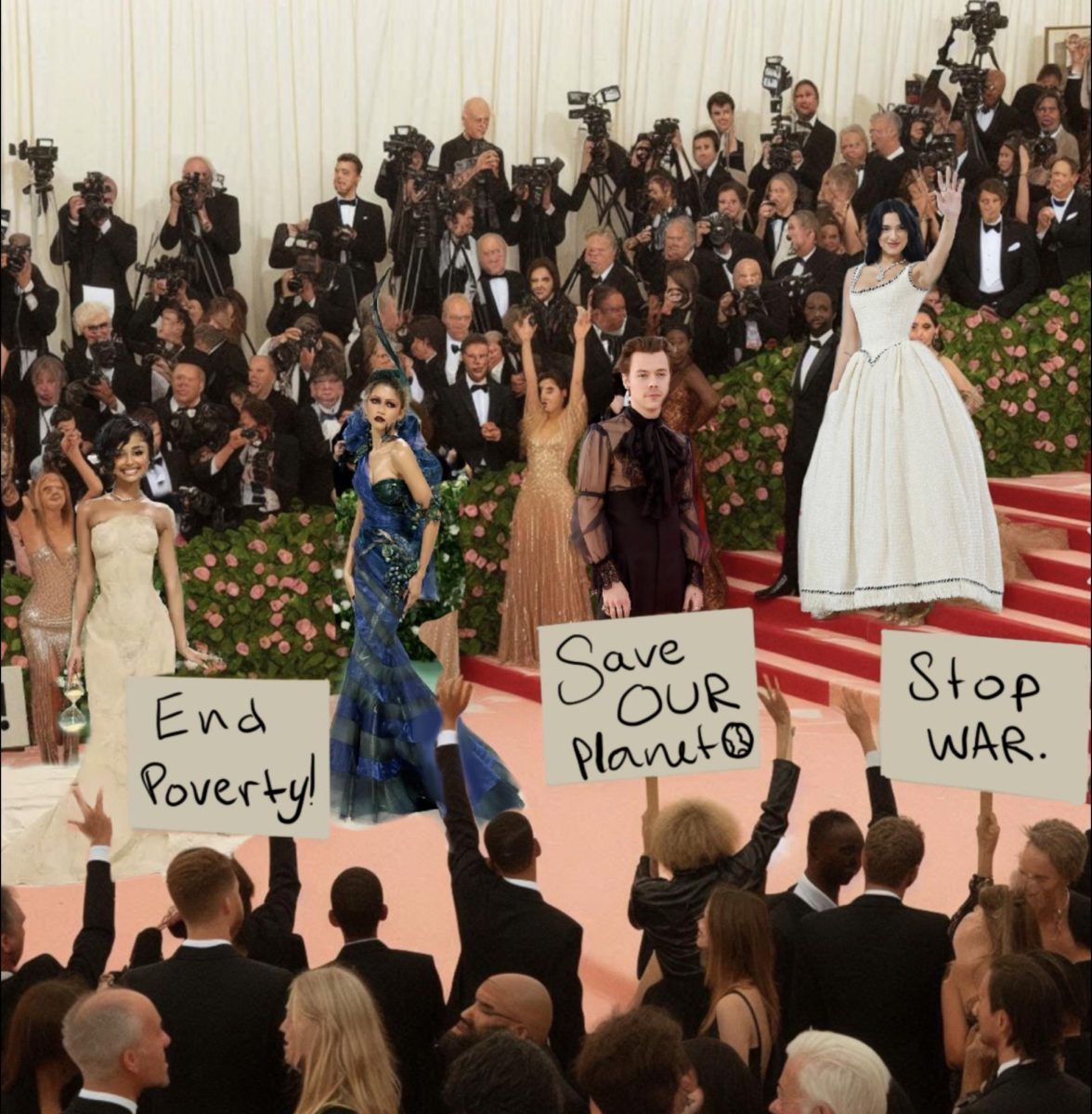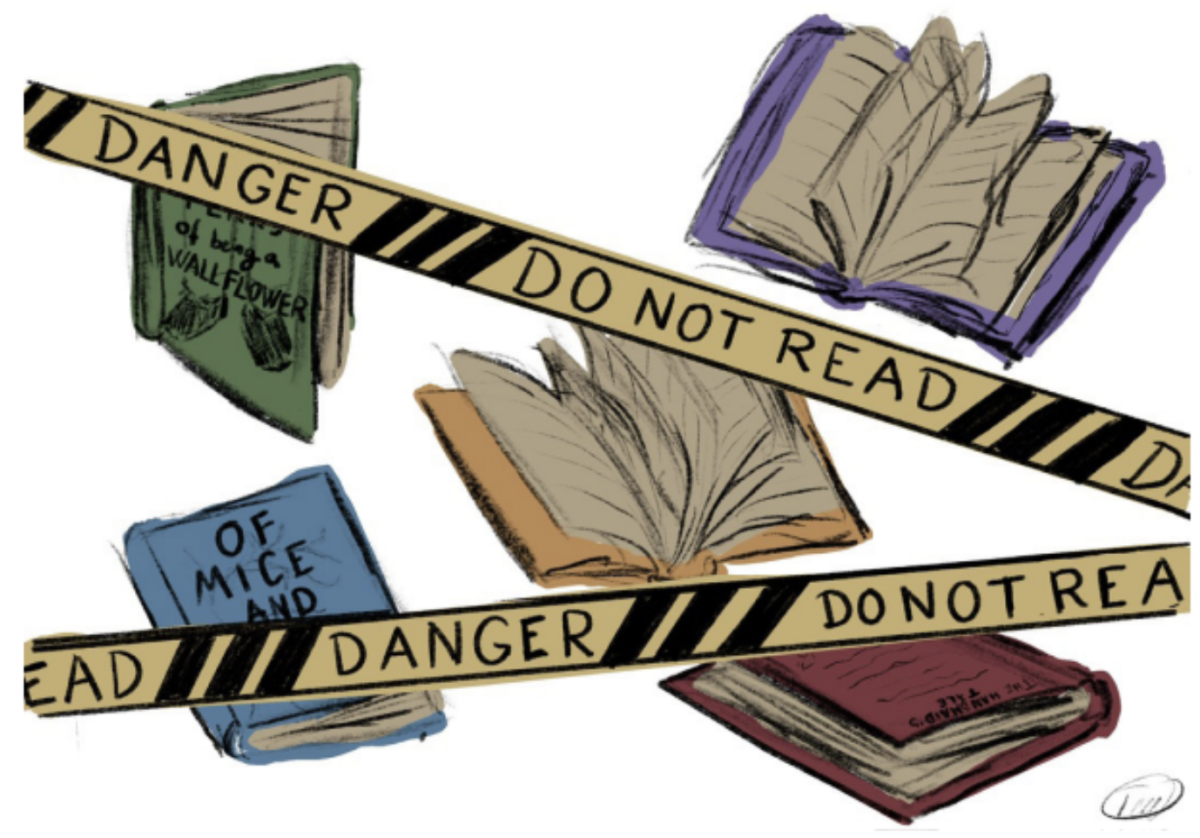Within the extensive world of books, you may have heard of an author called Jodi Picoult. She has 28 published novels, such as My Sister’s Keeper and Handle With Care, following various genres like literary fiction, legal thrillers, psychological portraits, romances, and ghost stories. Her novels are suitable for both teenagers and adults with the breadth of themes included, yet 20 of them have been banned in school libraries in Martin County, Florida. How exactly do books get banned for claimed adult content when the book does not actually contain any?
In this example of book bans, it is key information to note that Jodi Picoult does not write adult content. In fact, most of her books banned do not even contain a single kiss between two characters. However, multiple of her books do include characters that belong to the LGBTQ+ community and discuss topics such as gun rights, women’s reproductive health rights, and gay rights. A parent filed a form, claiming that the 20 books banned have no place in schools due to ‘adult content’, while admitting that she hadn’t even read them all.
The problem with such allegations and even subsequent bannings with limited review of the books in question is rather significant. The true reasons why a parent may not wish their children to be exposed to such literature are hidden behind false claims, which raises some interesting questions. Why should books be banned for merely offering a different perspective on an issue or topic, allowing people to think for themselves? And, more importantly, why are these bans being approved? The answer lies in government control and censorship.
Such censorship isn’t as rare as you might think. Book bans have had an extensive history, examples including book burnings during the Holocaust aiming to destroy literature that opposed Nazi ideologies or books written by modernists banned in the late 18th and early 19th century that included thoughts about World War 1, the development of industrial societies, the rejection of religion, and the breaking of social traditions.
But though the world is evolving, similar patterns have been present in the USA even in the past couple of years. The American Library Association (ALA) started collecting data about 20 years ago, which involves data concerning book bans, and they found that over 1,200 books were banned in 2022, the highest number in the 20 years. Not only that, but the number was almost double the statistic from 2021. The more recent challenges have also been concerning multiple books at the same time, compared to concerns about an individual book being more frequent in the past.
Oftentimes, the ban is proposed due to a parent not wanting their children being exposed to certain topics like sexuality, abortion, and gun violence, for example. While this is understandable to some extent as different families have different views and, therefore, want to deal with the topics in their own way, fully banning the books in schools and libraries is not a solution. Disagreeing with something and in response limiting its access for everyone else as well takes away people’s freedom to see different perspectives and getting unbiased information. But in those cases where the ban is more so the doing of the government instead of parental concerns, there are clear signs of the government purposefully withholding literature that may go against mainstream political views. This contributes towards controlling the way people think and shaping a culture where different views aren’t accepted and appreciated. Furthermore, the fact that a common topic in books that may result in bans is sexuality and LGBTQ+ representation is also a step back in the world’s efforts towards diversity.
Certain book bans are understandable when they do truly contain mature content that is not appropriate for school libraries, however, the lack of investigation to cross-check the claims before the books are pulled out is problematic and should be changed. And if there are unjustified bans, while we cannot control how governments limit our resources, it is important to stay informed of such occurrences to notice the bias in certain media we read.



